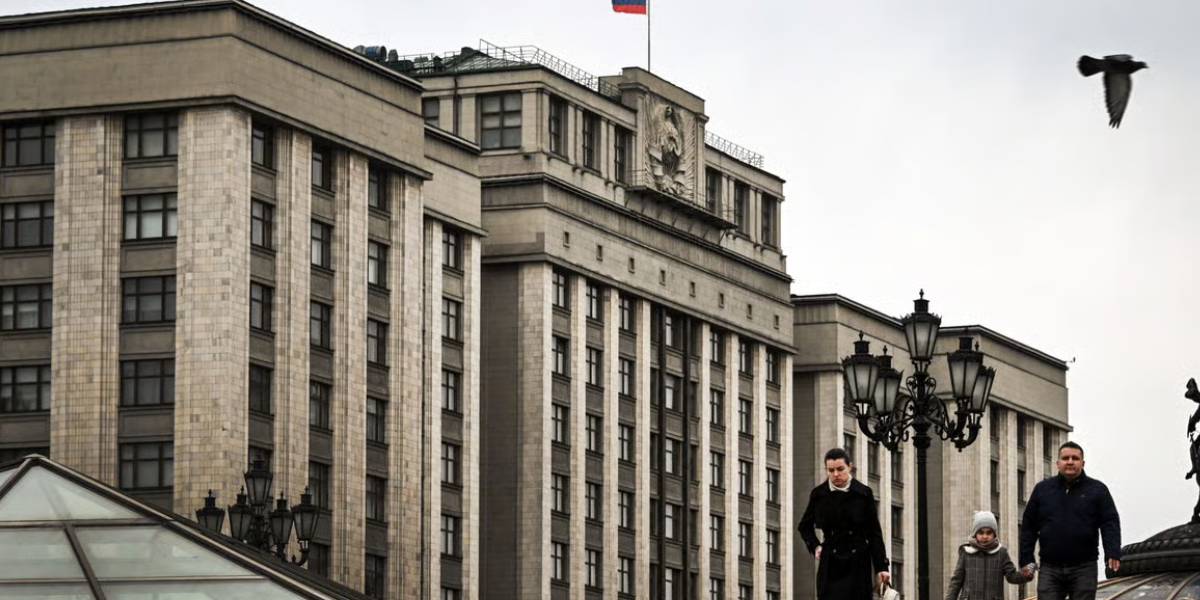On 27 November 2023, Russia issued Law No. 539-FZ in the Official Gazette, which outlines several amendments to the country’s transfer pricing regime. A summary of several key changes is outlined below:
- Secondary adjustments treated as dividends for non-residents: New provisions on secondary transfer pricing adjustments in Russia now allow non-residents’ income to be considered dividend income if the price of a related party transaction differs from the market price. However, this income will not be considered dividend income if the funds are returned to the Russian taxpayer’s bank account by the tax payment deadline. The income will not be considered dividend income if the transfer is made before an audit and the Russian taxpayer includes interest income.
- New rules for comparable transactions: In the existing regulations, if the tax authority possesses data about comparable transactions involving the taxpayer and unrelated parties during an audit, it is not allowed to utilize additional information when comparing these transactions with the analyzed one to determine the market (arm’s length) price. The amendment alters this provision to allow the use of information on comparable transactions involving the taxpayer and/or related parties with individuals not recognized as related when determining the range of market prices.
- Arm’s Length Range Adjustments: Adjustments to the arm’s length range have been modified. Previously, transfer pricing adjustments were applied to either the minimum or maximum value within the arm’s length range based on the circumstances. The amendments now stipulate that transfer pricing adjustments will be directed towards the median of the arm’s length range. However, if a taxpayer opts for an independent adjustment, they have the flexibility to utilize any value within the arm’s length range.
- Scope of Related Parties: The definition of related parties has been expanded to encompass the following scenarios:
- Two companies are considered related if an individual has a direct or indirect participation exceeding 25% in both entities or the authority to appoint (elect) the sole executive body or no less than 50% of the collegial executive body or board of directors (supervisory board) for both companies. This authority is determined collectively with other specified individuals, including a spouse, parents, children, etc.
- A person and a company are recognized as related if the individual is identified as a controlling person and the company is acknowledged as a controlled foreign entity.
- Companies are considered related if they are recognized as controlled foreign entities and are controlled by the same person.
- Range of Controlled Transactions: Changes have been introduced to the definition of controlled transactions, particularly those involving jurisdictions with preferential tax regimes or limited financial information disclosure. The revisions now include transactions as controlled if one of the parties is an individual, company, or foreign structure without legal entity formation residing or registered in a listed jurisdiction. Additionally, if a Russian company operates as a permanent establishment in a listed jurisdiction, it is considered a person registered there for relevant transactions. Conversely, the range of exempt transactions has been broadened due to the suspension of certain tax treaties through Decree 585 in August 2023. This encompasses transactions involving companies from suspended treaty states, export credit agencies, or banks not recognized as related parties. It also includes transactions related to marketable bonds or agreements made before 1 March 2022, with unchanged terms and non-control status under previous rules.
- Notification of Controlled Transactions: The notice requirements for controlled transactions have been expanded. The additional information now includes details about the conditions of the transactions, especially for transactions involving goods, encompassing information about the supply conditions, basis for goods supply, and relevant dates such as the shipment date and income recognition date. The expanded notice also mandates information on the methods and sources used for comparable transactions. Furthermore, specific details are required for transactions involving specified goods like oil, products derived from oil, ferrous and non-ferrous metals, mineral fertilizers, precious metals, and precious stones. Additionally, taxpayers are obliged to obtain information about the value chain from related parties for these specified goods.
- Documentation requirements: The documentation requirements for controlled transactions or a group of similar transactions have been expanded significantly. The revisions encompass:
- Detailed information about the parties involved in the controlled transaction, including a list of persons, their tax residency, a description of the transaction, and its commercial/financial terms (original).
- Clarifications on the functions, assets, and risks assumed by the parties, supported by relevant documents (adjusted).
- Additional data on the financial aspects of foreign entities involved in the transaction, including income, expenses, employee count, profit/loss, and asset values, along with supporting evidence (new).
- Inclusion of documents containing registration data of foreign entities and information about their representatives (new).
- Enhanced details on transfer pricing methods, incorporating an analysis of commercial/financial conditions, justification for method selection, description of adjustments for comparability, and sources of information used (adjusted and new).
- Calculation of the market price interval and an explanation of the approach for selecting comparable transactions, specifying minimum and maximum values (adjusted).
- Reporting of income/profit and expenses/losses resulting from the controlled transaction (original).
- Information regarding the economic benefits derived from acquiring intellectual property in the controlled transaction (original).
- Details about other influencing factors on the transaction’s price/profitability (original).
- Information about adjustments made by the taxpayer to the tax base and corresponding tax amounts/losses, if any (original).
- These revisions aim to provide a more comprehensive and detailed framework for documenting controlled transactions, ensuring transparency and accuracy in transfer pricing assessments.
- Significantly increased transfer pricing penalties: Penalties related to transfer pricing are revised as follows:
-
- 100% of the unpaid tax resulting from cross-border non-arm’s length-controlled transactions, with a minimum of RUB 500,000.
- 40% of the unpaid tax resulting from domestic non-arm’s length-controlled transactions, with a minimum of RUB 30,000 (an increase from the previous penalty for controlled transactions, both cross-border and domestic).
- RUB 100,000 for failure to submit a notification of controlled transactions or providing false information (up from RUB 5,000).
- RUB 500,000 for failure to submit a notice of participation in an international group of companies or providing false information (up from RUB 50,000).
- RUB 1,000,000 for failure to submit a Country-by-Country report or providing false information (up from RUB 100,000).
- RUB 1,000,000 for failure to submit national documentation (local file) within the prescribed period (up from RUB 100,000).
- RUB 1,000,000 for failure to submit global documentation (master file) within the prescribed period (up from RUB 100,000).
- RUB 500,000 for failure to submit documentation regarding a specific transaction (or group of similar transactions) within the prescribed period (a new penalty).
- RUB 1,000,000 for failure to submit information from the consolidated financial statements of an international group of companies or the financial statements of a member of an international group within the prescribed period, or for providing false information (a new penalty).
- Advance Pricing Agreements (APAs) and Safe Harbor Rates: Significant changes have been introduced to Advance Pricing Agreements (APAs) and Safe Harbor Rates for controlled debt in Russia. APAs, previously accessible to major taxpayers, are now extended to taxpayers engaged in controlled transactions involving specified goods with an income or expense of at least RUB 2 billion for a calendar year. Additionally, amendments redefine the application period for APAs, covering the submission year, the two preceding calendar years, and the two subsequent calendar years.
In parallel, adjustments are made to the interest income and expense safe harbor rates for ruble-denominated loans. The existing ranges, tied to the Russian Central Bank key rate, are replaced with a new range of 10% to 150% of the key rate. Notably, the minimum value of the maximum rate cannot be less than 2%. Temporary rate ranges for ruble-denominated loans between Russian parties are eliminated. Furthermore, new safe harbor rate ranges are introduced for loans in other currencies, each tied to specific benchmarks depending on the currency type. These changes aim to enhance clarity and fairness in transfer pricing regulations related to controlled debt.
The amendments introduced by Law No. 539-FZ of 27 November 2023 will be effective for transactions conducted from 1 January 2024 onward.













